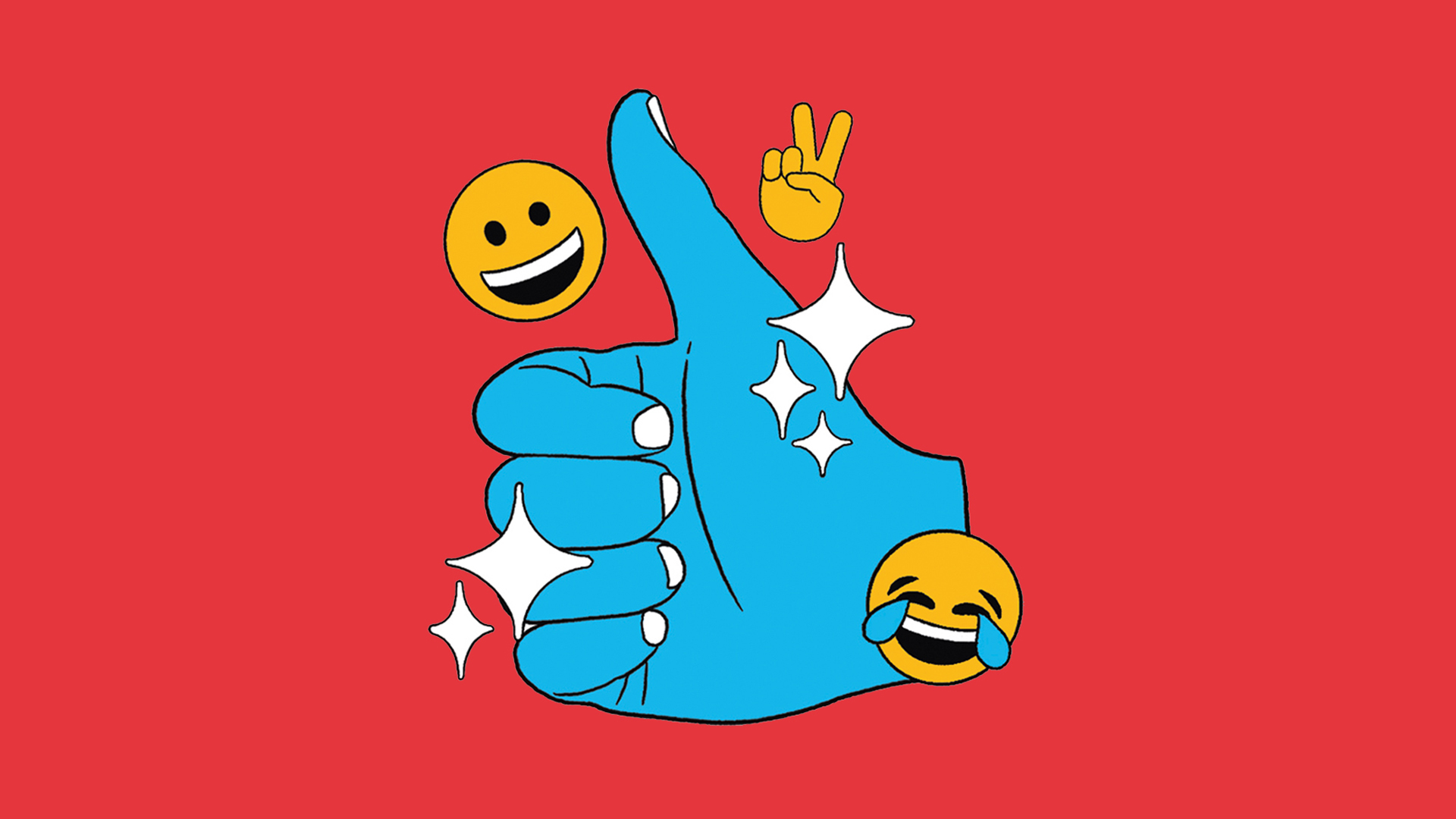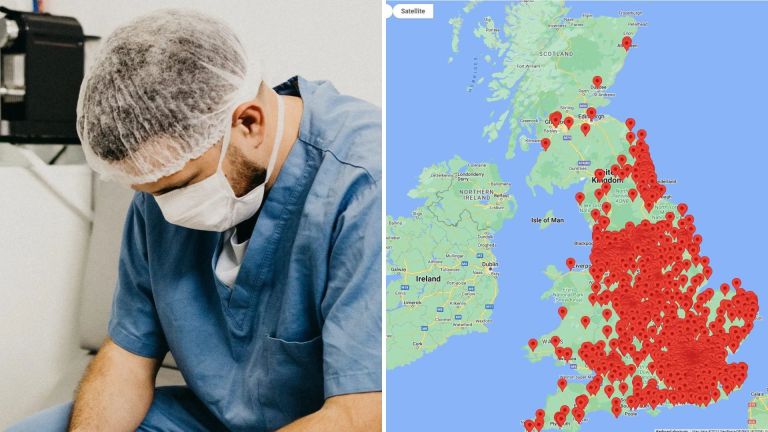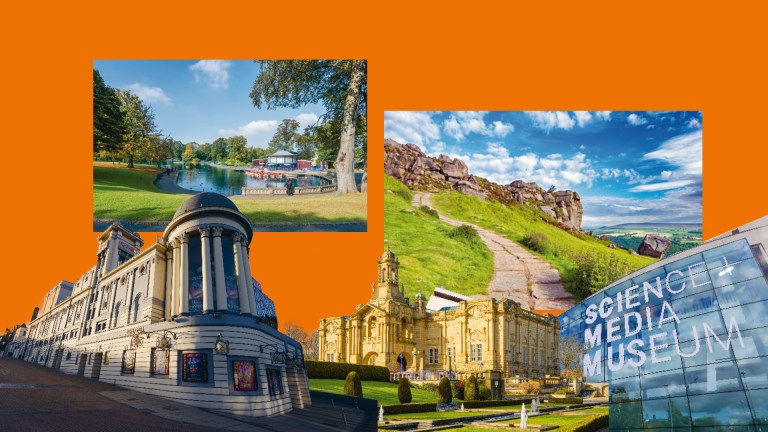Social media is a free platform where news can be rapidly exposed to wide audiences across regions. Even though newspapers may be more reliable sources, a study showed 50 per cent of journalists use it as a primary information source.
The rise of ‘fake news’ has raised concerns over the reliability of the information available on social media. From the perspective of Gen Z, we find it is often possible to distinguish ‘fake’ news from factual. This can be used as a learning experience, teaching users to question what they read. Social media exposes the youth to a range of topics and cultures, giving a voice to those who are underrepresented in society.In closing, social media can have negative effects when abused, but it has revolutionised the rapid dissemination of news. By Annie, Aurelia, Martha, Barney
“It is a powerful tool for social change”
The influence of social media increases every day. Over the last two decades, social media has developed into the main source of information for a huge percentage of the world’s population, influencing their opinions, choices and beliefs on every topic imaginable. The impact has had negative, but also many positive aspects.
You’ve probably heard of Black Lives Matter, right? Following George Floyd’s tragic death in 2020, the campaign travelled, via social media, around the world, engaging millions of people in the fight against racism. A similar incident to George Floyd’s death, was the murder of Stephen Lawrence in 1993. This was prior to social media and sadly did not achieve the same global awareness.
BLM actually began in 2013 but it wasn’t until recently, when influencers like Ariana Grande and Charli D’Amelio used their online platforms to promote awareness of the movement that it became so well known.
Across the world, about 1.2 billion people have TikTok installed, and about 800 million people come across ads. Imagine a very moving story, or idea, shared with 800 million people (a tenth of the world’s population). How impactful would this be?
Overall, this is evidence of how the use of social media can have a strong and positive influence through campaigning and raising awareness. By Matthew and Ben
“It can be a source of positive connections”
Social media is often criticised for the role it can play in harming people’s mental health. However, we think that there is another side to the argument, and that the positives need to be stressed.
So, how can social media be positive to our mental health? Joe Wicks is a good example: his fitness videos, which accumulated over 250 million views during the first Covid lockdown, altered peoples’ perspectives enormously.
Likewise, we are frequently exposed to, and impacted by, social media influencers who promote a balanced, active lifestyle. With this constant exposure, we subconsciously change our way of living to fit these positive social standards.
Of course, cyberbullying is a huge problem on social media. Quick anonymous communications between people can make it easy to affect others’ lives negatively as there are seemingly no confrontations or consequences. Social media provides a platform for online bullying, and this will likely become even more evident for future generations unless social media providers police their sites more responsibly.
On the flip side, connections formed over social media can also be positive. A report by the Pew Research Centre revealed that 57 per cent of teens have met a new friend on social media. Magoclinic states that meeting a new friend can reduce stress and release endorphins, which is ultimately better for our mental health.
With this knowledge, we hope that you have a broader view of social media, being able to see both the negative and positive effects on mental health. By Estelle, Sasha, Leo, Anna
To find out more about Wellington College go to wellingtoncollege.org.uk, @WellingtonUK, @wellingtoncollege, facebook.com/WellingtonCollege









